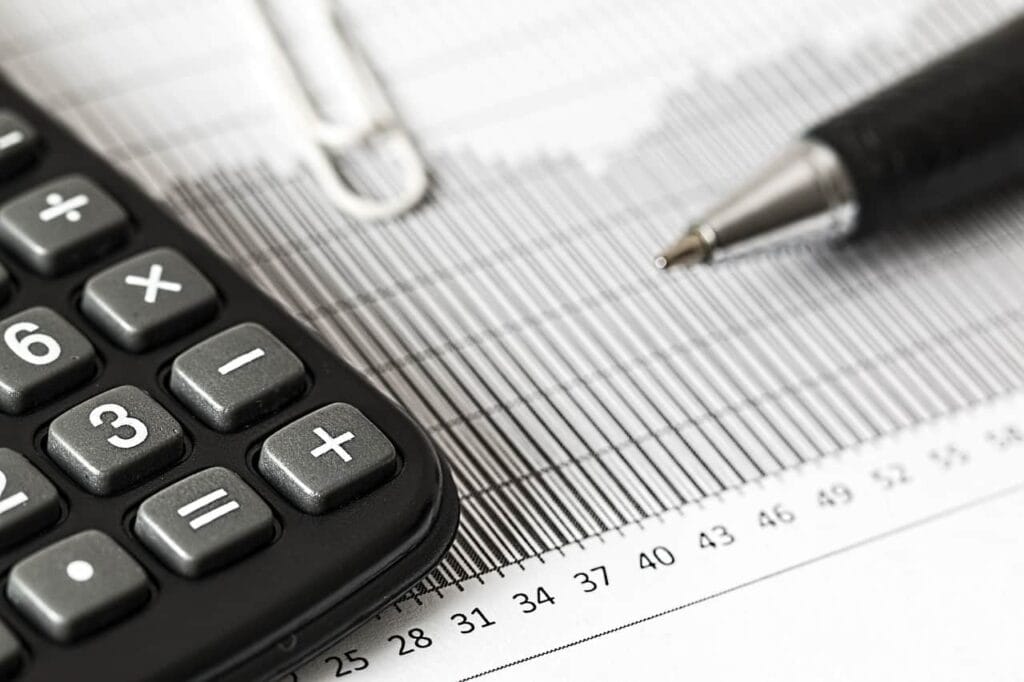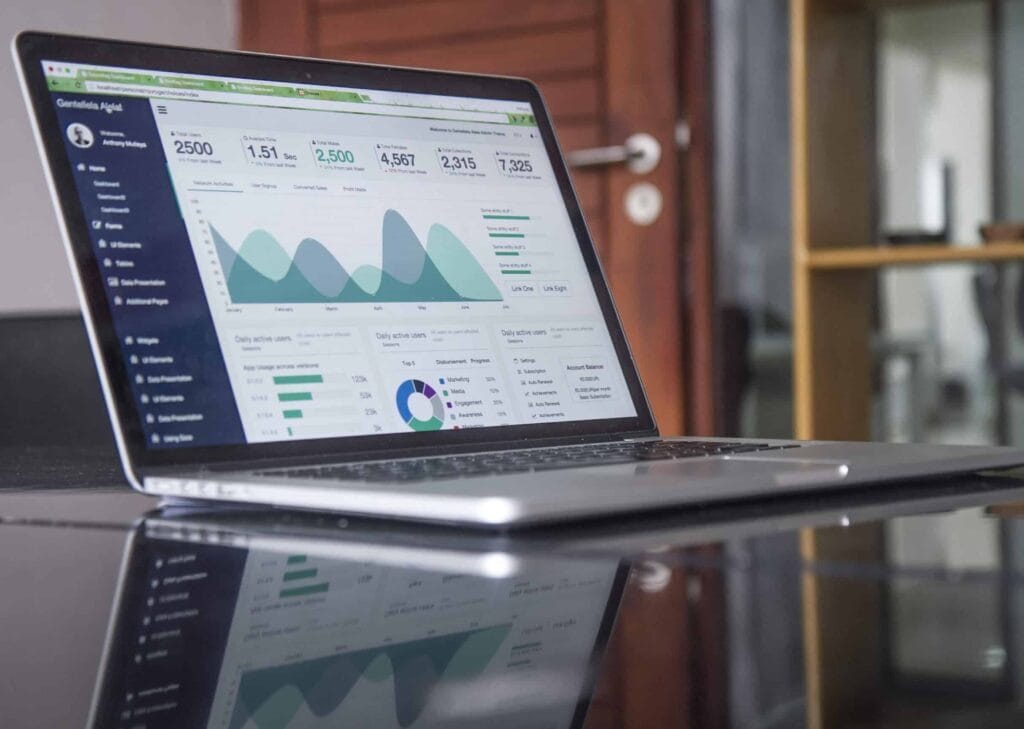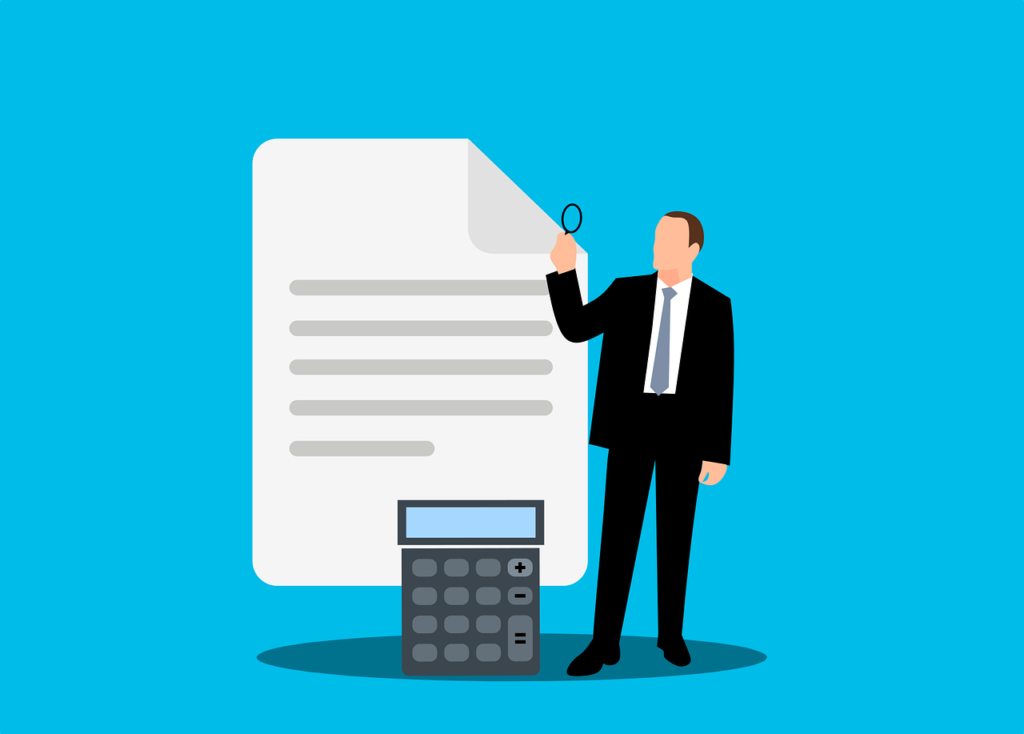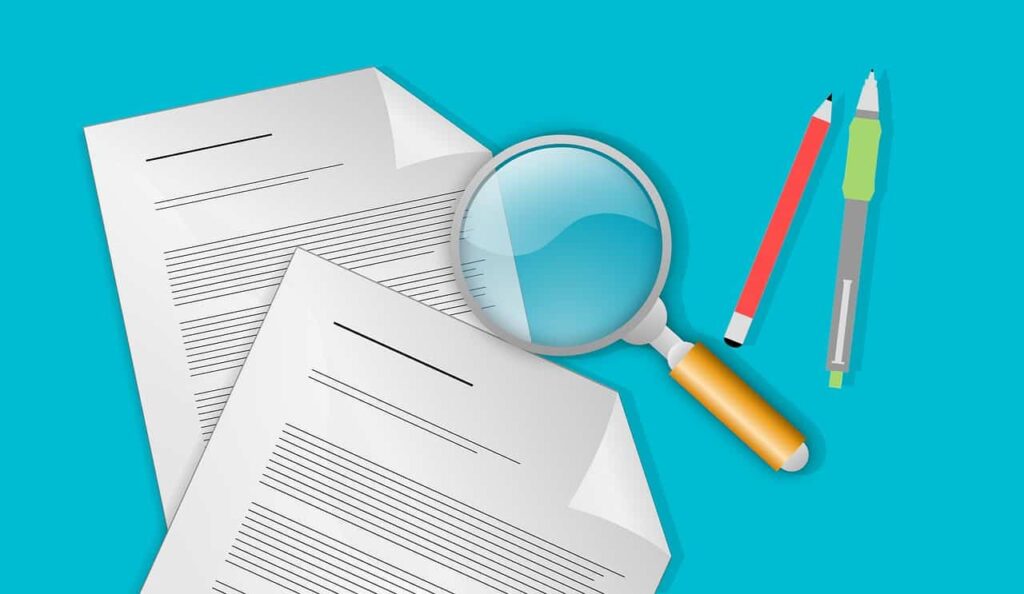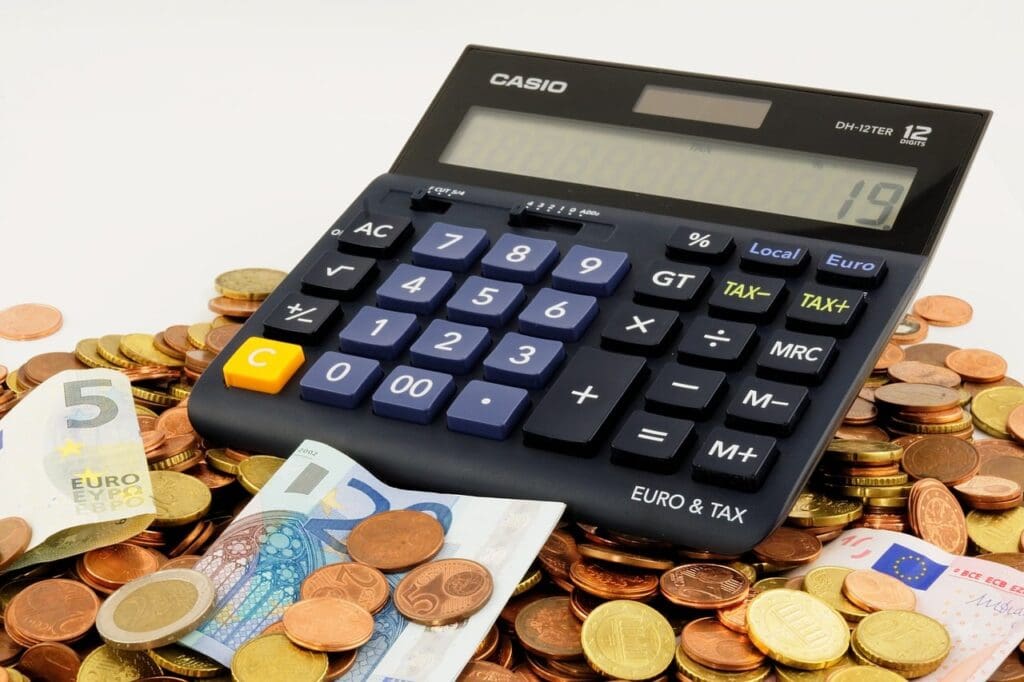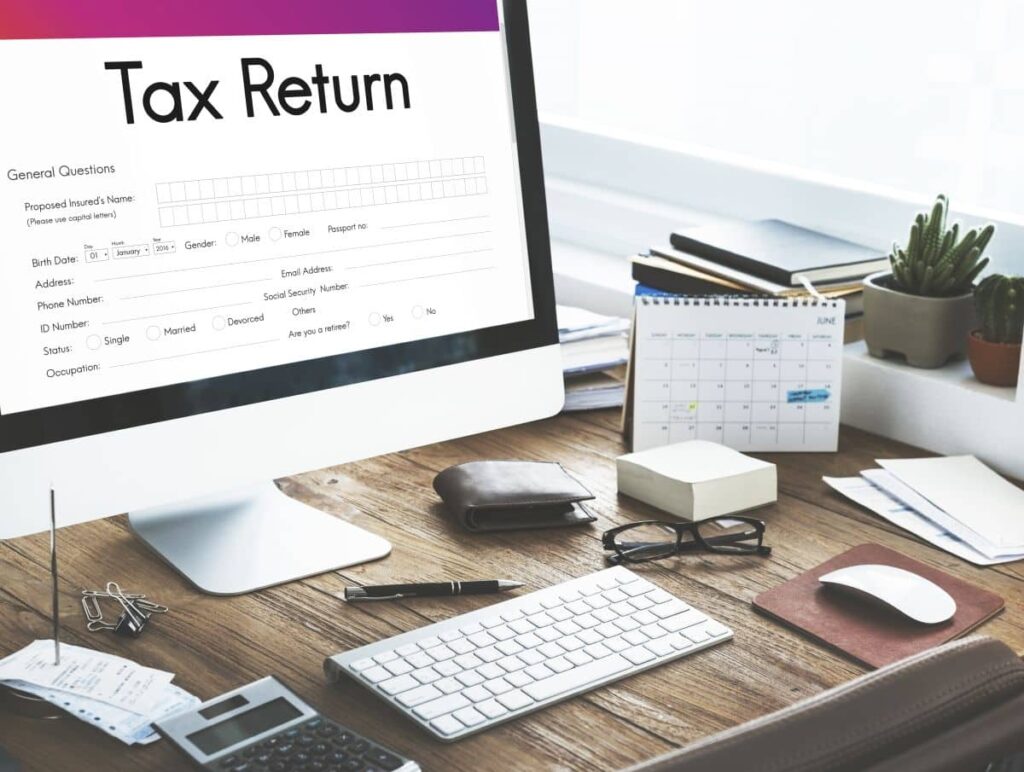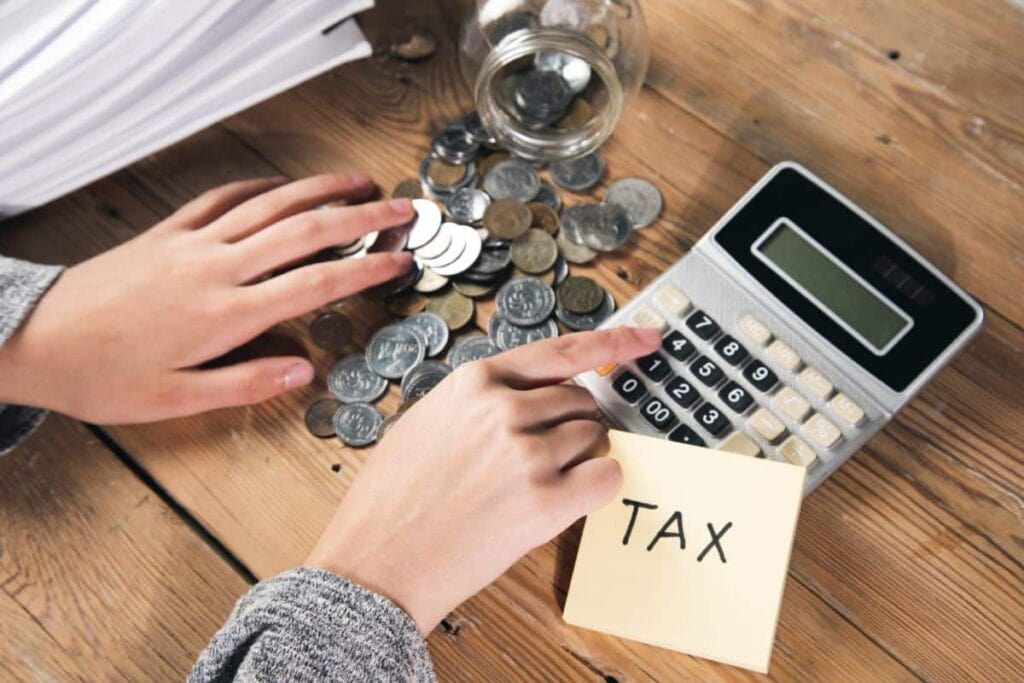Tax Tips to Ensure You Avoid Getting Red-Flagged by the ATO
With tax season rapidly approaching, it's critical to get your ducks in a row before the deadline. If you're not sure what documentation or receipts you'll need for particular deductions, follow these guidelines to avoid being detected by the ATO.
The Australian Taxation Office estimates that these individuals cost the system $8.7 billion each year – more than major corporations, who are anticipated to be underpaid by $2.5 billion.
To avoid being identified by the ATO this year, we've put up a list of things you can do to make sure your tax return is in order, avoiding any nasty penalty penalties or interest costs.
Here they are.
Declare all of your income
Allowances, Centrelink, Uber, Airtasker, and other gig employment are all included.
The ATO is aware of any money you got from Centrelink or earned through Uber rides and Airtasker jobs.
When claiming all'receipt fewer deductions to the maximum amount, be cautious
Work-related deductions are limited to $300, laundry expenses are limited to $150, and transportation expenses are limited to 5,000 kilometers.
This year, the ATO is paying extra attention to work-related deductions.
Make sure your work-related deductions are comparable to industry standards
The ATO compares all people in the same occupation.
If your deductions are much higher than the average, the ATO may investigate further.
That's not to say you shouldn't claim all of the deductions you're entitled to, but you should always back up your claims with evidence.
Pay off any outstanding ATO or government obligation
If you owe money to the ATO, Centrelink, the Family Assistance Office, or another government agency, your refund may be delayed because the ATO will typically use your tax refund to pay off these debts.
Update your details
If you haven't alerted the ATO about a name change since you last filed a tax return (for example, if you're married and changed your surname), your return may be delayed while they verify your identification.
Make sure your employer has sent in your PAYG.
When the ATO gets your tax return, they verify that the income information matches what your employer has submitted.
If your company fails to send your PAYG to the ATO, they will not have a reference point to check against, which may cause your return to be delayed.
Finish any loose ends
The ATO might occasionally postpone the filing of your return while they wait for you to get your affairs in order if you've been dragging your feet and have previous overdue tax returns to lodge.
On your tax return, including all capital gains events
If you didn't declare the sale of shares or rental property on your tax return, the ATO might flag your return for a review.
Data matching with other government agencies and financial institutions is possible because of ATO's sophisticated technology.
Details about your spouse
You must include your spouse's information on your tax return if you have one.
And bank interest
If you earn money from bank savings accounts, you must report it on your tax return.
If you leave it off, you risk experiencing ATO delays.
How to Avoid an Audit by the ATO
Unfortunately, not everyone follows the rules when it comes to filing taxes. It's occasionally an honest error, and other times it's more purposeful — in either case, everyone loses.
The Australian tax system has been meticulously crafted to ensure that everyone pays the correct amount of tax each year. The ATO contacts roughly 2 million taxpayers each year to check their tax returns in order to keep everything on track, albeit not everyone will be subjected to a full thorough audit.
People who deal primarily in cash or who have had significant income fluctuations are more likely to be targeted by the ATO. However, anyone can be contacted, so remain on top of your paperwork and make sure you have receipts and documentation to back up all of your claims. Even if you have everything in order, an ATO audit can take a long time and resources.
There are a few wise things you can do to prevent being audited if you want to avoid the hassle:
Make sure to file your tax returns on time

This is a straightforward one. You're less likely to make mistakes if you stay on top of your tax returns and give yourself plenty of time to prepare and file your paperwork.
It also means you're less likely to be scrutinized later when you file your taxes.
Repeat your calculations and double-check your deductions.
It's not the most thrilling task in the world, but double-checking your figures (and double-checking them again) before filing your tax return is an excellent method to ensure everything is correct.
It's easy to make mistakes, so working with a tax advisor is a fantastic method to ensure you're checking all the proper boxes, as a qualified accountant will spot any problems and alert you to them.
Declare only the deductions that you are entitled to!
When filing your tax return, you are eligible for a variety of deductions, which vary substantially depending on your career or business. We've put together a handy set of checklists divided down by profession to help you figure out what you can claim, and if you work with a tax professional, they'll point out any you might have overlooked so you get the biggest refund possible.
However, it would be beneficial if you just claimed legitimate deductions and provided receipts or paperwork to support your claims. Getting creative with your deductions is a poor idea, and if you get discovered, you'll not only have to pay it all back, but you'll also face a big punishment.
Maintain precise recordkeeping
Yes, we've said it before, but it bears repeating because it's THAT important: keep receipts for every single thing you claim. It's fine if these are digital records as long as the date, vendor, cost, and details of the item are all available.
When taking cash, be extra cautious about keeping records
Taxi drivers, tradespeople, and merchants, for example, rely primarily on cash payments, which is OK as long as you keep meticulous records of all transactions.
Cash-based enterprises are scrutinized more rigorously by the ATO, so be aware that if you primarily work with cash, you may be on their radar. However, you can easily prevent any problems by being extra cautious with your records to ensure you're not under-declaring your earnings.
Clarity is a champion
If the ATO can clearly comprehend what you're claiming and why they'll be less likely to need to follow up on your claim. However, if your tax return contains a lot of ambiguous or suspect claims, they will most likely contact you for more information and possibly formal evidence of your claims.
There are several "experts" who will promise that they can maximize your deductions and get you more money by making false claims.
But keep in mind that you are ultimately responsible, and you are the one who will face the consequences if you are detected. If you have any questions or need assistance, contact the ATO directly or deal with a competent, trusted provider like the team at H&R Block.
Nobody wants to be audited by the ATO, but following a few basic procedures will lower your chances of receiving the dreaded call, giving you more peace of mind and saving you time and effort.
Ways to evade the ATO that are both legal and simple
Even though it's only five weeks till the end of the fiscal year, there are still things that may be done to legally reduce what goes to the taxman.
There are other clever techniques to reduce the Australian Taxation Office's take — we'll get to those later - but making superannuation payments is the easiest and quickest option.
Salary sacrificing replaces the higher income tax rate on earnings with the lower superannuation contributions tax, which is 15% for most persons.
Consider placing your end-of-financial-year bonus into your retirement account.
According to Kate McCallum, a financial consultant and director of Multiforte Financial Services, salary sacrifice of the bonus should be set up with your company before your bonus eligibility is certified. This is because salary sacrifice can only apply to future earnings, not previous earnings.
Another easy solution is to use the co-contribution program. This is where the government puts 50 cents into a lower or middle-income earner's superannuation account for every dollar of after-tax money placed into the account.
Anyone earning less than $34,488 per year has the full 50 paid into their superannuation account. The government will pay a maximum co-contribution of $500. The co-contribution gradually decreases as income rises above $34,488 until it completely disappears at $49,488, at which point it is eliminated.
Anyone, not simply the individual who will receive the co-contribution, can make an after-tax donation. A higher-earning spouse, for example, could contribute $1000 of their after-tax income into their lower-earning spouse's account.
A spouse has till the end of the year to make a contribution to their nonworking or lower-income partner. The spouse super contributions tax offset is what it's called. If the partner earns less than $10,800, the spouse receives an 18% tax credit in their tax return for up to $3000 in contributions, up to a maximum of $540. Once the partner's income hits $13,800, the tax benefit decreases and eventually disappears.
Debt management
Mortgage interest charges on investment properties are tax-deductible debt. That is, interest and other investment fees can be used to lower the amount of income tax owed.
It's important to remember that there's a debt payback hierarchy that, if followed, will save you the most money on interest. That is, any available funds should be used first to pay off the non-deductible debt. As a result, you should pay off the non-deductible debt with the highest interest rate first, such as a credit card, then the mortgage on your own residence, and finally the mortgage on your investment property.
Many people forget about the tax-deductible donations they made over the year. "Retrieve your receipts and have them on hand for tax season.
If you're thinking about donating, she recommends doing it before June 30 so you may claim it on your tax return this year.
Reduce the tax on capital gains
If you sold an asset this year, such as shares or an investment property, and there was a capital gain, and you held the investment for at least a year, you will be taxed at 50% of the gain at your marginal tax rate.
According to Peter Bembrick, a tax partner at Sydney accountants and consultants HLB Mann Judd, now is an excellent time to consider selling any loss-inducing investments, such as shares, to help minimize or eliminate capital gains on other investments.
Capital gains must be paid in the calendar year in which they are realized. Losses can be carried forward, but not backward.
Prepaying deductible interest can also help you save money on taxes this year.
This financial year, up to 12 months of prepaid investment expenses, such as interest on investment loans and management fees, can be reimbursed, according to Bembrick.
If you have an abnormally substantial tax bill in the current financial year, such as from the sale of an asset with a realised capital gain, McCallum believes this could be beneficial.
Claim work deductions

Make sure you claim all genuine business expenses. Without receipts, taxpayers can claim up to $300 in qualified work-related costs, however, records should be retained.
Mobile phone expenditures, subscriptions, seminars, computer equipment, calculators, briefcases, and technical literature are all examples of work-related deductions, according to McCallum. Additionally, you may be able to claim travel expenditures for food, lodging, and incidentals incurred while away from home for work. Tax return preparation fees paid to a tax agent are also deductible.
This financial year, the Tax Office will be concentrating on particularly large work-related cost claims across all industries and occupations.
According to Tax Office assistant commissioner Adam Kendrick, work-related costs must be for money the employee has spent and for which the employee has not been compensated. Furthermore, the expenses must be tied to employment and supported by documentation.
Deadlines
Tax returns must be filed by October 31, unless you register with a tax agent, in which case the due date can be as late as May the following year, as long as the taxpayer is not in a dispute with the ATO.
The Tax Office has myTax, a short version of e-tax, for self-lodgers with special circumstances. It may be completed online, including on mobile devices, whereas e-tax requires downloading and contains many more pages.
This year, myTax was updated to handle slightly more complicated tax situations, including income, offsets, and deductions from superannuation pensions, lump-sum payments, managed investment funds, and international pensions.
Taxpayers must first register at my.gov.au and then link to the Tax Office in order to utilize myTax. It will be pre-populated with information from your previous tax return, as well as information from your bank, employment, government agencies, and other sources.
Because the ATO does not collect information until early August, persons who prepare their own forms should wait until then to finish them.
Newspaper stores no longer accept paper returns. Instead, you can acquire booklets online at ato.gov.au/onlineordering or by calling 1300 720 092.
Small-business tax breaks
The instant tax-deductibility of small business asset purchases of up to $20,000 was a highlight of the May budget.
Only assets worth less than $20,000 are eligible for the quick deduction.
Assets worth more than $20,000 must be pooled and depreciated at a rate of 15% in the first year and 30% each year after th
"Whether it's new computer equipment, a new automobile, or a new coffee maker for the office kitchen, now is a fantastic time for small businesses to go out and make those capital expenditures that have long been on the wish list but never seemed just right."
However, he believes that the large tax break would lead some business owners to make mistakes. "Don't allow the generous tax benefit blind you to your business instincts." This tax cut is good for enterprises who are already preparing to buy assets or have a legitimate business need to invest but keep in mind that there is no such thing as free money.
You have to pay $1 to gain $30 [or 28.5 after July 1], so make sure those capital purchases are in line with your entire business plan.
You must be in business to qualify. So just having an ABN isn't sufficient.
ATO targets
This fiscal year, the ATO is focusing on work-related expenses and rental property deductions. It will write to property investors in major vacation destinations to remind them to claim just the deductions to which they are eligible.
Owners of rental properties should only claim for periods when the property is rented out or legitimately offered for rent. Furthermore, charges for repairing damage and faults that existed at the time of purchase, as well as renovation costs, cannot be claimed right once. However, these expenses are deductible over time.
The ATO will also look into exceptionally large claims for work-related expenses in all industries and occupations. It has previously focused on specific occupations.
Every return is scrutinized, and it's becoming much simpler to spot claims that are much larger than claims made by persons with similar vocations and earnings.
Employer-paid claims and claims for personal expenses, such as travel from home to work, will be scrutinized by the Tax Office.
Getting into trouble with the ATO
In a recent case, a railway guard claimed work-related car expenses for trips between his home and job. This expense, he said, was for the transportation of heavy items such as a flag, safety jacket, hand-held radio, torch, instructions, and timetables.
The employer told the Tax Office that the equipment could be safely housed on their premises during the investigation. The taxpayer's car expenditure claims were denied because the taxpayer chose to move his equipment between home and work.
In another situation, a Western Australian taxpayer relocated to Victoria to start new employment. He claimed over $18,000 in expenses, which included the cost of purchasing a caravan and driving to Victoria.
When the Tax Office pressed him, the taxpayer reduced his work-related expense claims to a little over $1300, excluding all travel charges related to his new job location.
Repairs
A taxpayer claimed repairs and upkeep for a recently purchased rental property that had been greatly upgraded since its purchase. The taxpayer produced an invoice for the property's restoration from an interior developer. The scope of the renovation was further described in the documents, which included stripping the home and replacing existing fixtures and fittings.
Because initial repairs and improvements to a property are not deductible, the significant repairs and upkeep claim was denied.
Rebuild
A husband and wife dismantled their old rental home and constructed a new one. They then claimed an instant deduction for their share of the building's total cost as repairs and maintenance on their tax return.
While the cost of building a new house for rental purposes is allowed, the proper procedure is to spread the expense over 40 years and claim 2.5 per cent of qualifying construction costs as a capital works deduction.
Action plan
- Reduce your tax bill by putting money into super and making an after-tax gift to your low-income spouse in exchange for a tax break.
- Sell any loss-making investments, such as stocks, to offset any capital gains.
- Make careful to claim all work-related costs that are legitimate. Be warned that the ATO is focusing on these expenses.

